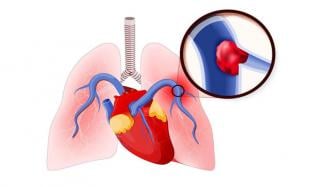
The Australian government has announced it will develop an oral contraceptive pill, which is currently accessible on the Pharmaceutical Benefits Scheme (PBS).
The federal government will subsidise one of the most famous contraceptive pills, Slinda, from May 1, marking a significant enhancement in women's health, 9News reported.
It will be available for $7.70 for concession card holders or $31.60 for general patients for a four-month supply.
Related: Daily pill for endometriosis treatment approved by NHS in England
This marked a substantial cost cut from the previous price of $80 for a three-month prescription, allowing women to save up to hundreds of dollars.
Earlier this month, Yasmin and Yaz, highly effective contraceptive pills, were also added to the PBS.
According to Besins Healthcare Australia, up to 80,000 Australian women are privately paying for Slinda.
A popular sexual health physician Dr Terri Foran stated, "Access to a wide range of contraceptive options is a fundamental reproductive right. This funding move to include Slinda on the PBS will be welcomed by a large number of Australia women and their health providers."
Slinda is an advanced progesterone-only pill, which is usually used by elderly women and those at the edge of blood clot risks, migraines, and more.
Related: Are ‘exercise pills’ same as working out? Here’s what scientists say















